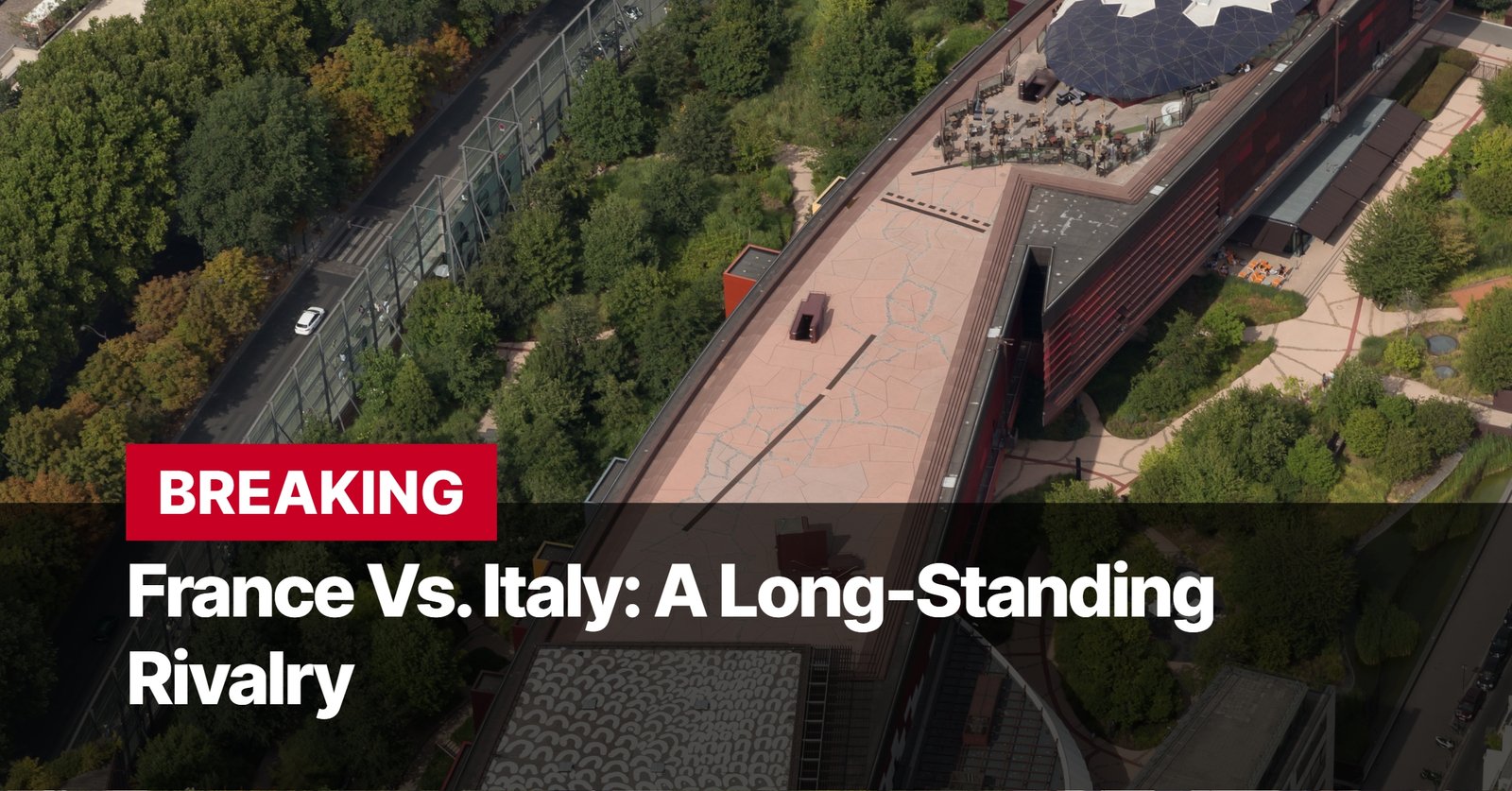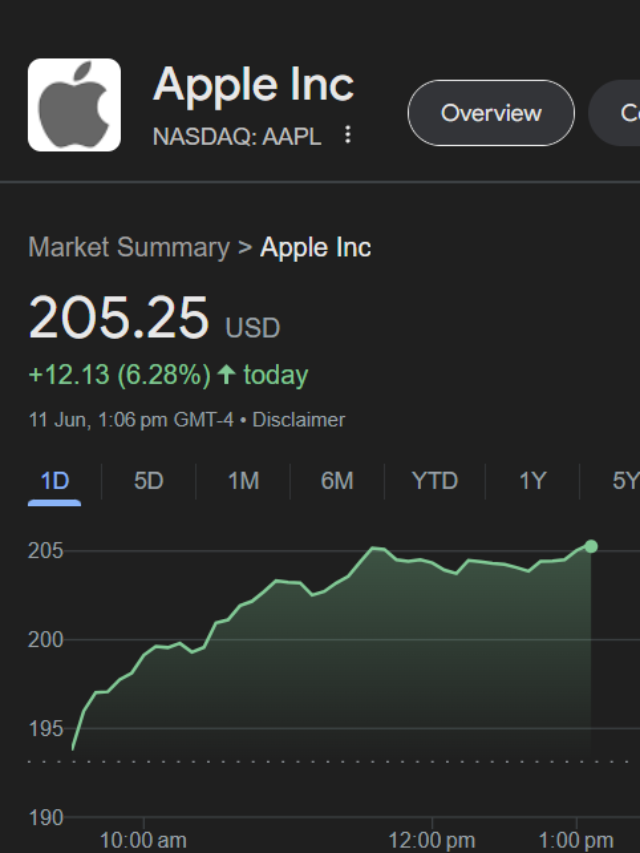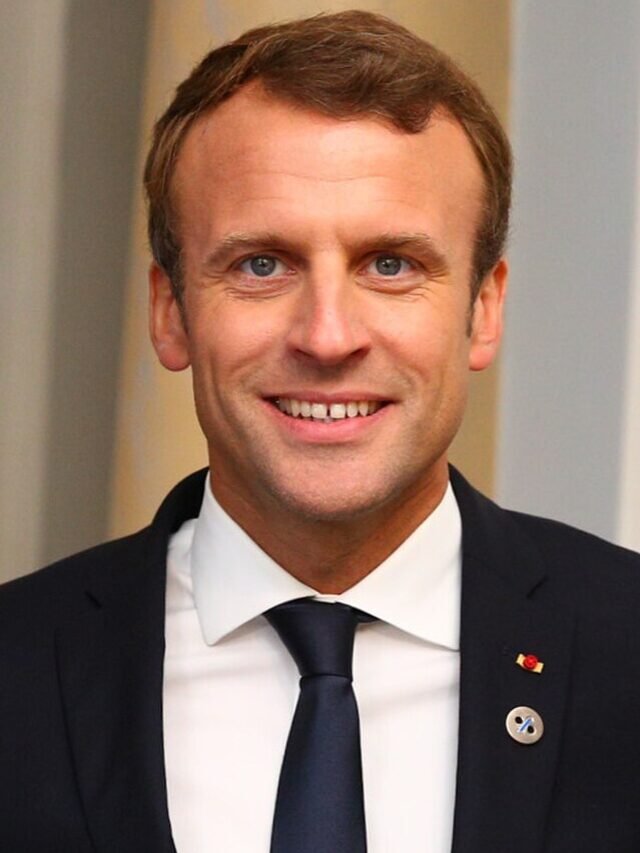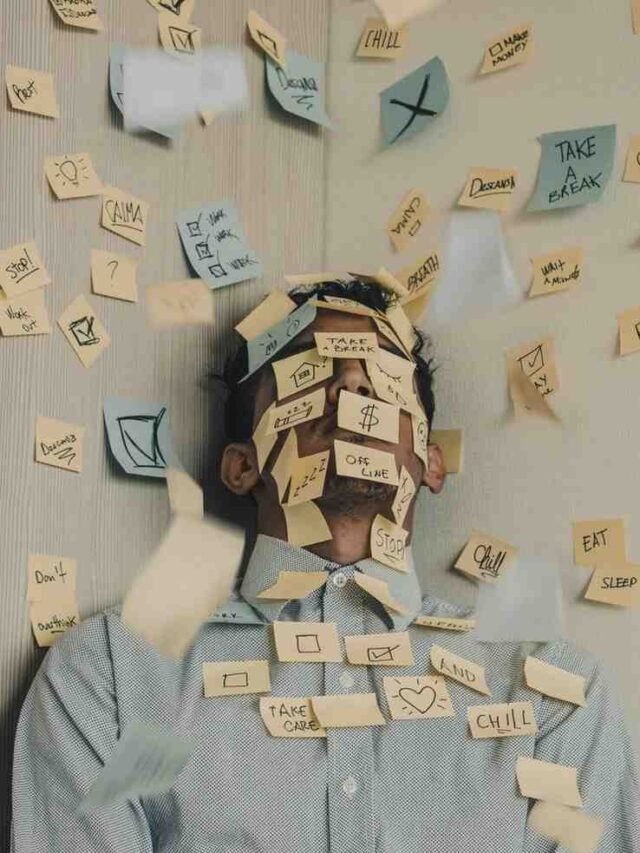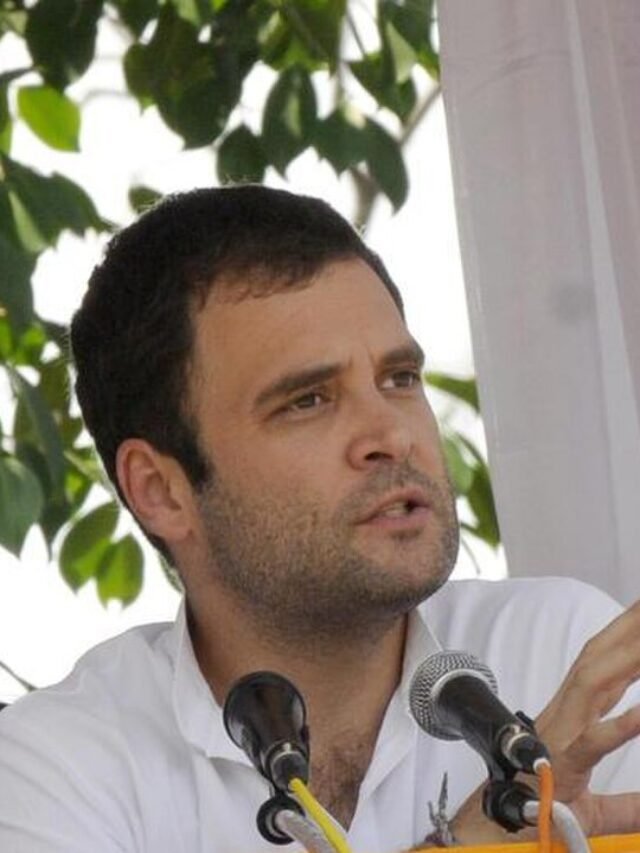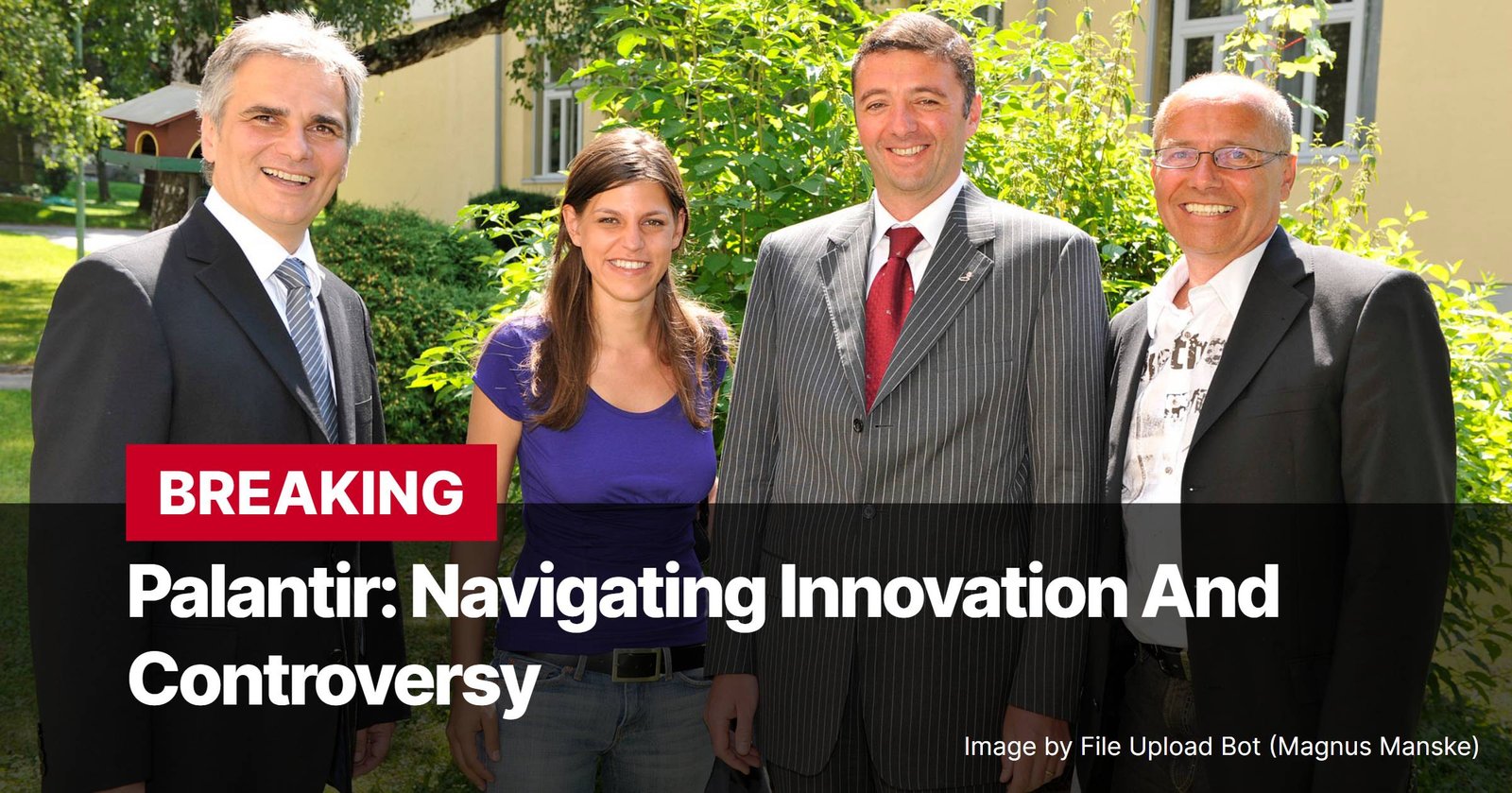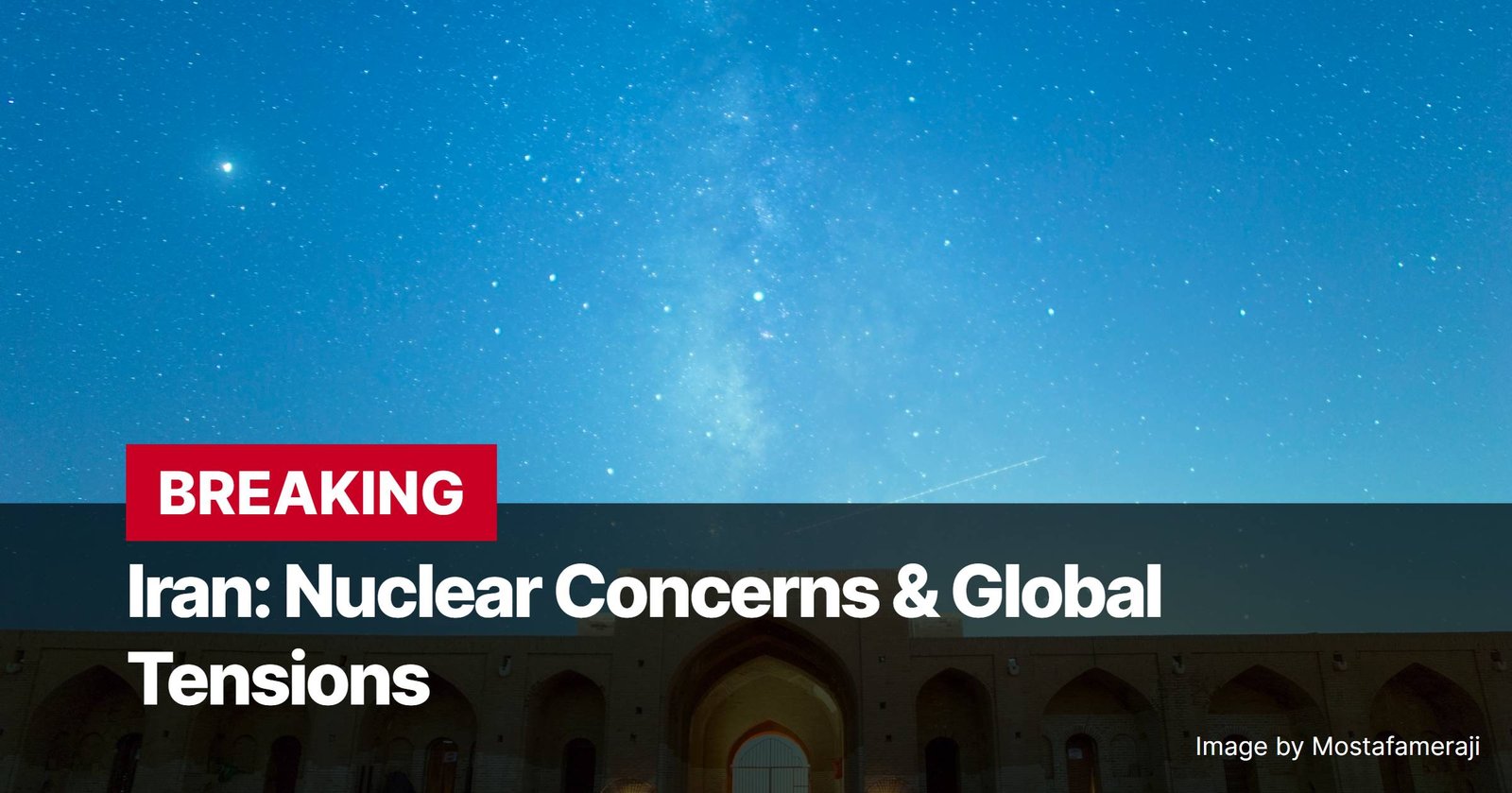The phrase “Francia – Italia” conjures up a rich tapestry of historical, cultural, and political threads. This seemingly simple juxtaposition encapsulates a centuries-long rivalry, a clash of identities, and a fascinating interplay of strengths and weaknesses. While the modern era has witnessed a shift towards collaboration, particularly within the European Union, the underlying tension remains, a lingering echo of past battles and enduring differences.
This blog delves into the complex relationship between France and Italy, examining the historical roots of their rivalry, the cultural and economic forces that shape their interactions, and the ongoing dynamics that continue to define their relationship today.
A History of Conflict and Cooperation
The historical narrative of France and Italy is a complex one, marked by periods of intense conflict interwoven with moments of cooperation and even alliance.
Their rivalry can be traced back to the fragmentation of Charlemagne’s empire. The Treaty of Verdun in 843 carved up the Frankish domain, laying the foundation for separate French and German (Eastern Frankish) kingdoms. The contested territory of Lorraine, a historical bridge between France and Germany, became a focal point of conflict, changing hands numerous times throughout the Middle Ages.
The emergence of the Holy Roman Empire, centered in Germany, further complicated the relationship. While French monarchs sought to expand their influence across the Rhine, German emperors sought to assert their dominance over Italy, including the Papal States. This dynamic led to numerous wars and power struggles, culminating in the infamous Investiture Controversy of the 11th century.
The rivalry intensified during the Renaissance and beyond. The French monarchy, driven by a desire to restore the boundaries of Roman Gaul, encroached upon Italian territories. France’s military ambitions, combined with the weakening of the Holy Roman Empire, led to the French Wars of Italy in the 15th and 16th centuries. This period was marked by fierce battles, alliances, and betrayals, leaving a lasting legacy of resentment and suspicion.
The 17th and 18th centuries saw a shift in power dynamics, with France rising as a dominant force in Europe. Yet, the rivalry with Italy persisted, fueled by competing interests in the Mediterranean and colonial ambitions. The French Revolution and Napoleonic Wars brought about a period of instability, with France temporarily conquering and reorganizing parts of Italy.
Cultural Clash: A Symphony of Differences
Beyond political rivalry, France and Italy have also exhibited a distinct cultural clash, a fascinating juxtaposition of artistic, intellectual, and social traditions.
France has long been associated with a sophisticated, centralized culture, characterized by reason, elegance, and a commitment to classical ideals. The French language, literature, and philosophy have exerted a profound influence on the world. The French monarchy, with its grand court and its emphasis on cultural refinement, further reinforced this perception.
Italy, in contrast, has cultivated a more fragmented, regional culture, deeply rooted in local traditions, art, and religious fervor. Italian art, music, and literature have embodied passion, emotionality, and a vibrant sense of individual expression.
These cultural differences have often been mirrored in their respective approaches to life and society. The French are often seen as more formal, reserved, and structured, while Italians are often perceived as more expressive, passionate, and spontaneous.
However, despite these differences, both nations have contributed profoundly to Western culture, enriching the world with artistic, intellectual, and culinary masterpieces.
The Modern Era: Cooperation and Competition
The 20th and 21st centuries have witnessed a shift in the relationship between France and Italy, with a move towards cooperation and shared interests.
The establishment of the European Union, particularly the adoption of the Euro, has fostered economic integration and a sense of shared destiny. Both nations have benefited from the economic stability and enhanced trade that the EU has provided.
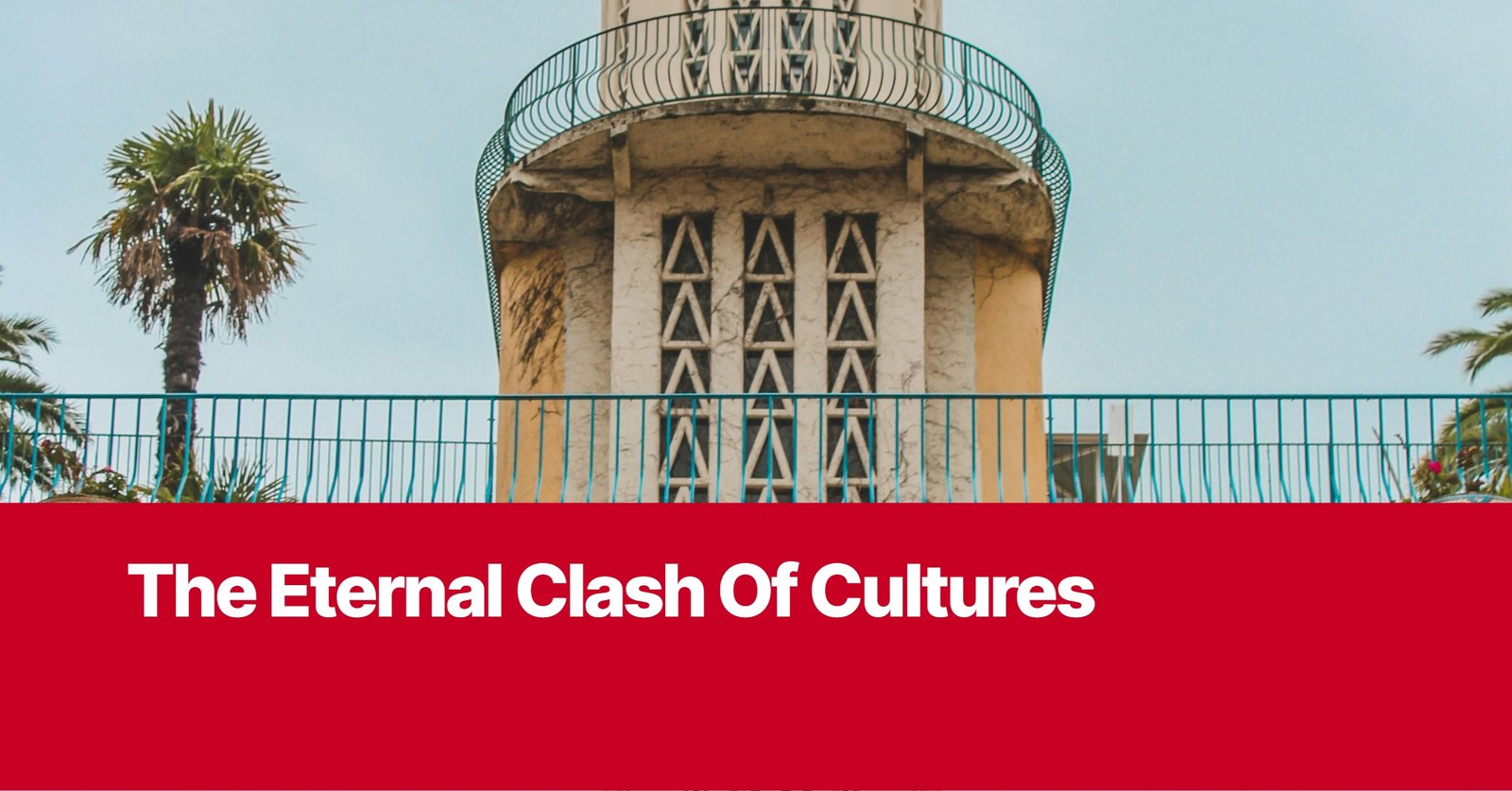
However, the underlying tensions remain. Economic challenges, including the Eurozone crisis, have highlighted differences in economic policy and fiscal responsibility. Moreover, historical grievances and cultural disparities continue to surface, shaping their interactions on issues such as immigration, identity, and cultural influence.
A Look Towards the Future
The relationship between France and Italy is a dynamic one, constantly evolving under the influence of historical legacy, cultural differences, and shared challenges.
While their rivalry has long defined their interactions, the modern era has seen a shift towards collaboration and shared interests. Yet, the underlying tensions remain, a reminder of the enduring complexities and contradictions that shape their relationship.
The future of the “Francia – Italia” dynamic remains to be seen. Will they continue to navigate the complexities of their relationship, finding common ground while respecting their unique identities? Or will the ghosts of past rivalries continue to haunt their present and future interactions?
This blog aims to provide a starting point for exploring these questions, encouraging readers to delve deeper into the historical, cultural, and political forces that shape the ongoing dialogue between France and Italy.







